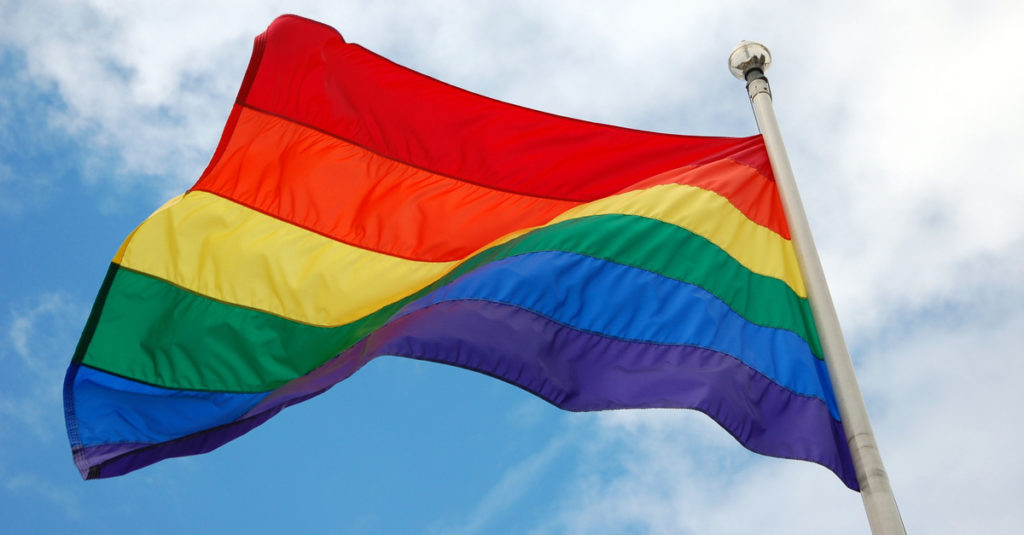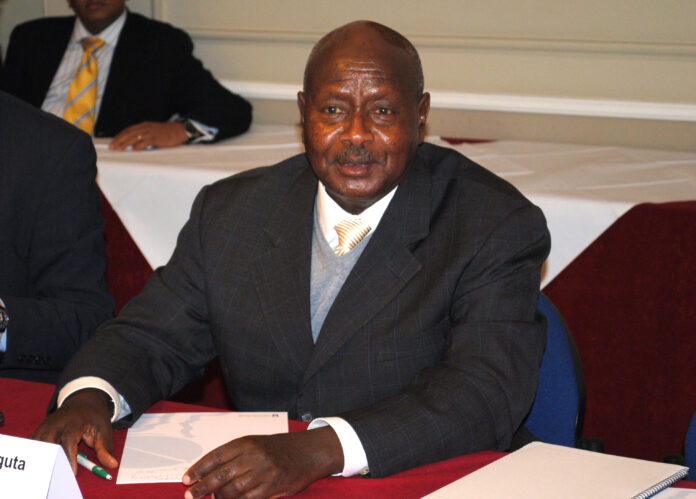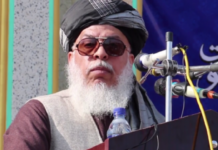Ugandan President Yoweri Museveni has signed an Anti-Homosexuality Bill into law which means that anyone convicted of homosexual acts will face life imprisonment and some will face the death penalty.
The legislation, which was almost unanimously approved by Parliament, imposes the death penalty for so-called aggravated cases, which include having gay sex with someone below the age of 18 or where someone is infected with a life-long illness including HIV.
It also stipulates a 20-year sentence for “promoting” homosexuality.
Ugandan authorities say the law is designed to protect the sanctity of the family.
Lawmakers passed a new draft of the legislation last month, vowing to resist what they said was outside interference in their efforts to protect Uganda’s values from Western immorality.
The amended version said that identifying as gay would not be criminalised, but “engaging in acts of homosexuality” would be an offence punishable with life imprisonment.
Parliamentary speaker Anita Among welcomed Mr Museveni’s decision to sign the bill into law, saying it would “protect the sanctity of the family.”
Subscribe to our newsletter and stay updated on the latest news and updates from around the Muslim world!
“We have stood strong to defend the culture, values and aspirations of our people,” she added in a statement posted to Twitter.
Ugandan lawmaker Asuman Basalirwa, the Anti-Homosexuality Bill’s sponsor, told the BBC: “It does not bother anybody if two adults are engaged in gay sex in private. And even then, the law does not look for those who are doing their things in private.
“But once you seek to do it in public and then you are recruiting others to do things your way, that’s where the problem is.”
Uganda is a majority Christian nation with a large Muslim minority, and is among 77 countries that criminalise gay and lesbian practices, according to the United Nations.
However, it now faces the prospect of Western sanctions.
U.S. President Joe Biden described the passing of the law as a “tragic violation of universal human rights,” urging Uganda to repeal the legislation immediately.

He said: “The enactment of Uganda’s Anti-Homosexuality Act is a tragic violation of universal human rights—one that is not worthy of the Ugandan people, and one that jeopardizes the prospects of critical economic growth for the entire country. I join with people around the world — including many in Uganda — in calling for its immediate repeal. No one should have to live in constant fear for their life or being subjected to violence and discrimination. It is wrong.
“Since the Anti-Homosexuality Act was introduced, reports of violence and discrimination targeting Ugandans who are or are perceived to be LGBTQI+ are on the rise. Innocent Ugandans now fear going to hospitals, clinics, or other establishments to receive life-saving medical care lest they be targeted by hateful reprisals. Some have been evicted from their homes or fired from their jobs. And the prospect of graver threats — including lengthy prison sentences, violence, abuse — threatens any number of Ugandans who want nothing more than to live their lives in safety and freedom…
“As such, I have directed my National Security Council to evaluate the implications of this law on all aspects of U.S. engagement with Uganda, including our ability to safely deliver services under the U.S. President’s Emergency Plan for AIDS Relief (PEPFAR) and other forms of assistance and investments. My Administration will also incorporate the impacts of the law into our review of Uganda’s eligibility for the African Growth and Opportunity Act (AGOA). And we are considering additional steps, including the application of sanctions and restriction of entry into the United States against anyone involved in serious human rights abuses or corruption…
“Our programs have boosted economic growth and agricultural productivity, increased investments in Ugandan businesses, and strengthened our trade cooperation. In total, the U.S. Government invests nearly $1 billion annually in Uganda’s people, business, institutions, and military to advance our common agenda. The scale of our commitments speaks to the value we place on this partnership — and our faith in the people of Uganda to build for themselves a better future. It is my sincere hope that we can continue to build on this progress, together, and strengthen protections for the human rights of people everywhere.”























